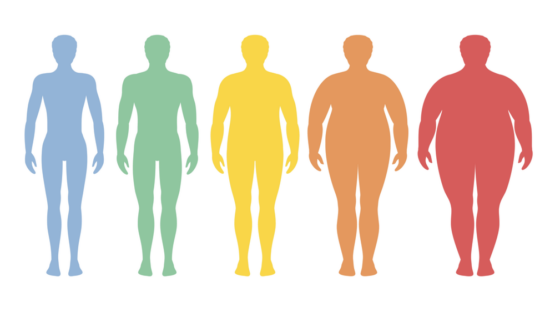By Mike Thomas, NBHWC, DipACLM, R.Ph.

In a world flooded with information about diets, nutrition plans, and health trends, it’s no wonder that many of us find ourselves lost in a sea of conflicting advice. We’re bombarded with messages telling us to embrace certain diets while avoiding others, leaving us with the burning question: What should I eat for optimum health? In this blog, we’ll delve into this question often brought up by many of my clients… “What Should I eat for optimal health?” Here is a VIDEO discussing this question.
Common Threads
With the top 10 diets in America, there are four essential components they all share: (Alignment):
1. MORE VEGETABLES: Across the board, all the diets emphasize the importance of incorporating more vegetables into our meals. This aligns with the widely recognized health benefits of plant-based foods for our well-being.
2. WHOLE FOODS: The significance of consuming whole foods in their natural state cannot be over stated. Processed foods, which make up a significant portion (60%) of American’s eating pattern, are associated with health issues. By opting for whole foods, we provide our bodies with essential nutrients and avoid harmful additives.
3. REDUCE ADDED SUGARS: Another commonality is the consensus on cutting back on added sugars. Diets that limit sugar intake reflect the growing concern about its adverse effects on our health, including obesity and chronic diseases. Our intake of added sugars has increased over 600% in the past 100 years.
4. FEWER REFINED GRAINS: It is important to reduce refined grains such as white bread, white pasta, and white rice. These grains lack the fiber and nutrients found in their whole counterparts.
We don’t need to complicate our journey to better health. By focusing on these four shared principles, we can make meaningful progress:
The Alarming Reality of Obesity and Our Changing Environment

One undeniable fact cannot be overlooked: the obesity epidemic. I must emphasize the alarming rise in obesity levels over the past few decades. While genetics may not have changed, our environment certainly has. Processed foods, excessive added sugars, and a lack of whole, nutritious foods have contributed to this crisis. The stakes are even higher for children, with childhood obesity quadrupling in recent years.
The Power of Small Changes

We don’t need to aim for perfection. It’s about making gradual, sustainable changes that align with these shared principles. Rather than feeling confused or overwhelmed, we can simplify our dietary choices and prioritize health.
A Clear Path Forward
By focusing on the four common threads among various diets—more vegetables, whole foods, reduced added sugars, and fewer refined grains—we can navigate the confusing landscape of nutrition with confidence. Let’s take inspiration from this insight and embark on a journey toward better health, one mindful choice at a time.
To your Better Health!
Mike Thomas, NBHWC, DipACLM, R.Ph. CoachMikeThomas.com
This blog is for educational and informational purposes only and solely as a self-help tool for your own use. I am not providing medical, psychological, or nutrition therapy advice. You should not use this information to diagnose or treat any health problems or illnesses without consulting your own medical practitioner. Always seek the advice of your own medical practitioner and/or mental health provider about your specific health situation. For my full Disclaimer, please go to CoachMikeThomas.com.
